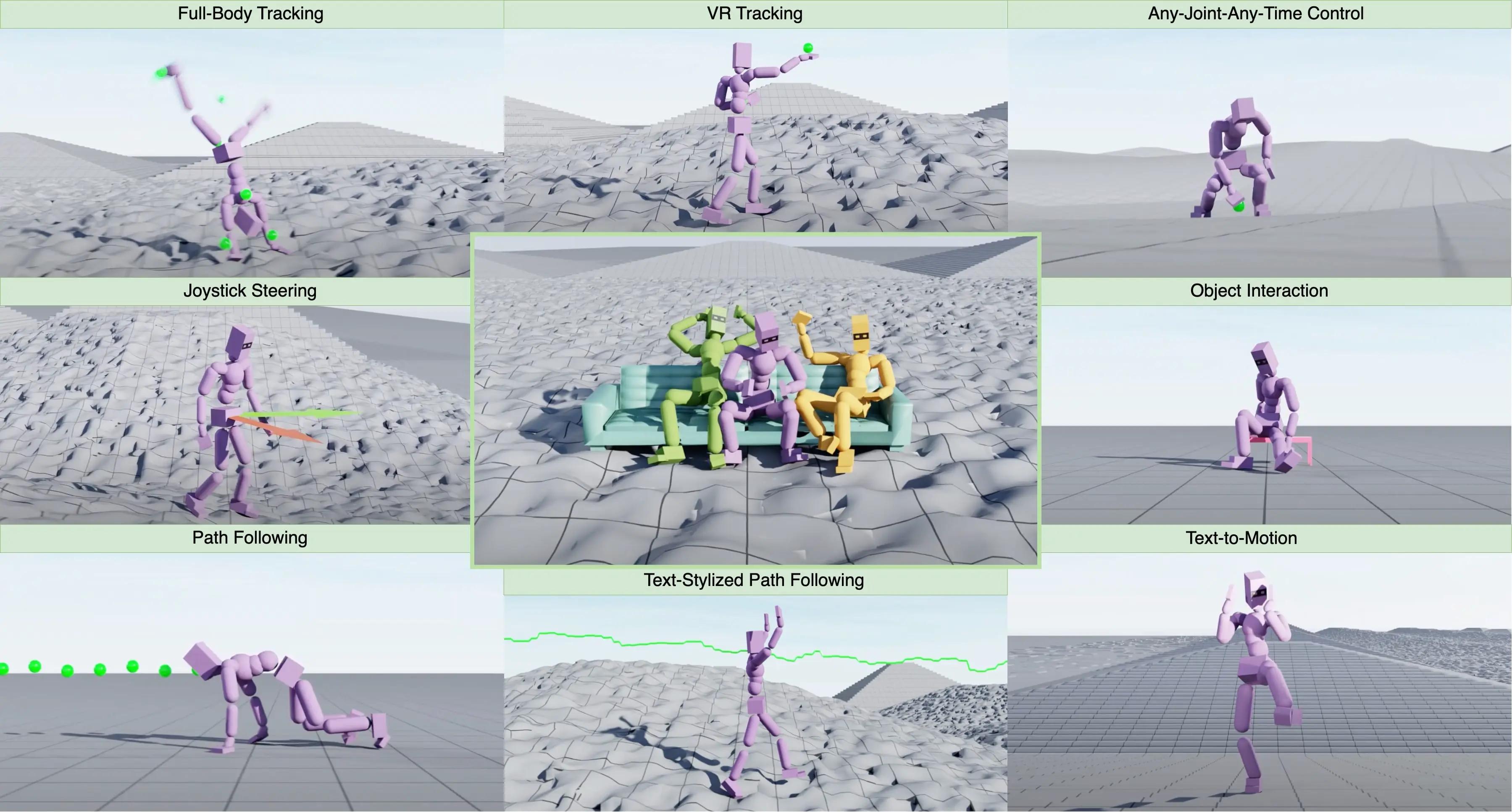April 26, 2024|4 min reading
Embracing AI Today for Success Tomorrow: Key Insights from Business Use Cases

Tomorrow belongs to those who embrace it today." This timeless advice is crucial in the fast-paced world of technology, especially with the advent of artificial intelligence (AI). While the allure of AI is undeniable, the real breakthroughs come not just from adopting the technology, but from integrating it meaningfully into business practices that address real-world challenges and opportunities. This blog post explores how leading companies like Toyota and CyberArk are harnessing AI, focusing on practical applications that promise to shape their futures.
The Critical Ingredient: Finding the Right Business Use Case
While AI technology continues to evolve at a breakneck pace, the success of its implementation largely depends on identifying and leveraging appropriate business use cases. Thierry Martin, a senior manager at Toyota Motors Europe, highlights how his company invests in AI to enhance specific aspects of their operations. For Toyota, the emphasis is on analyzing vast amounts of data from vehicle use across different regions to improve their products and services. The insight gained from data analytics enables Toyota to make informed decisions, from design changes to predicting future accessory needs.
Harnessing AI Responsibly
The potential of AI is not just in automation or predictive analytics but in augmenting human capabilities in meaningful ways. Omer Grossman, the global CIO at CyberArk, discusses the importance of building responsible guardrails around AI use. This includes ensuring AI tools promote innovation while maintaining security and ethical standards. CyberArk's approach involves adhering to guidelines that mitigate risks associated with AI, thus fostering trust and safety in technology applications.
The Dual Pathways of AI Integration
Toyota Europe explores two distinct pathways for AI integration. The first pathway involves using AI tools like Microsoft Copilot for individual tasks that handle non-sensitive data, enhancing personal productivity without compromising security or privacy. The second pathway is more ambitious, involving generative AI within the enterprise firewall to improve overall productivity. This includes developing chatbots and other AI-driven tools to streamline operations while ensuring these technologies operate within a secure and controlled environment.
Building a Sustainable AI Ecosystem
The development of a robust AI ecosystem requires a solid foundation of data governance and infrastructure. Toyota Europe utilizes a data mesh architecture supported by technologies like Snowflake, Dataiku, Collibra, and Denodo. This setup ensures that data responsibility remains with business owners, fostering a culture of accountability and precision. By integrating these technologies, Toyota not only enhances its AI capabilities but also ensures these innovations align with its broader business objectives and ethical standards.
Conclusion
For businesses looking forward to a future shaped by AI, the key is not just adopting the technology but integrating it in ways that are ethical, responsible, and directly tied to enhancing business value. As companies like Toyota and CyberArk demonstrate, the strategic application of AI today is crucial for building a successful tomorrow. By focusing on the right use cases, maintaining robust ethical standards, and fostering a culture of innovation and responsibility, businesses can leverage AI to not only meet the challenges of today but to innovate for the future.
Explore more

NVIDIA's MaskedMimic: Revolutionizing Physics-Based Character Control
Discover NVIDIA's revolutionary MaskedMimic system for physics-based character control, enabling seamless full-body moti...

Black Forest Labs Launches API for Faster Image Generation with Flux1.1 Pro Model
Black Forest Labs unveils its Flux image generator API, providing developers fast, high-quality image generation options...

Key Points from Apple’s AI Integrations Announced at WWDC 2024
Discover the groundbreaking AI integrations in Apple devices unveiled at WWDC 2024, featuring Apple intelligence, genera...
